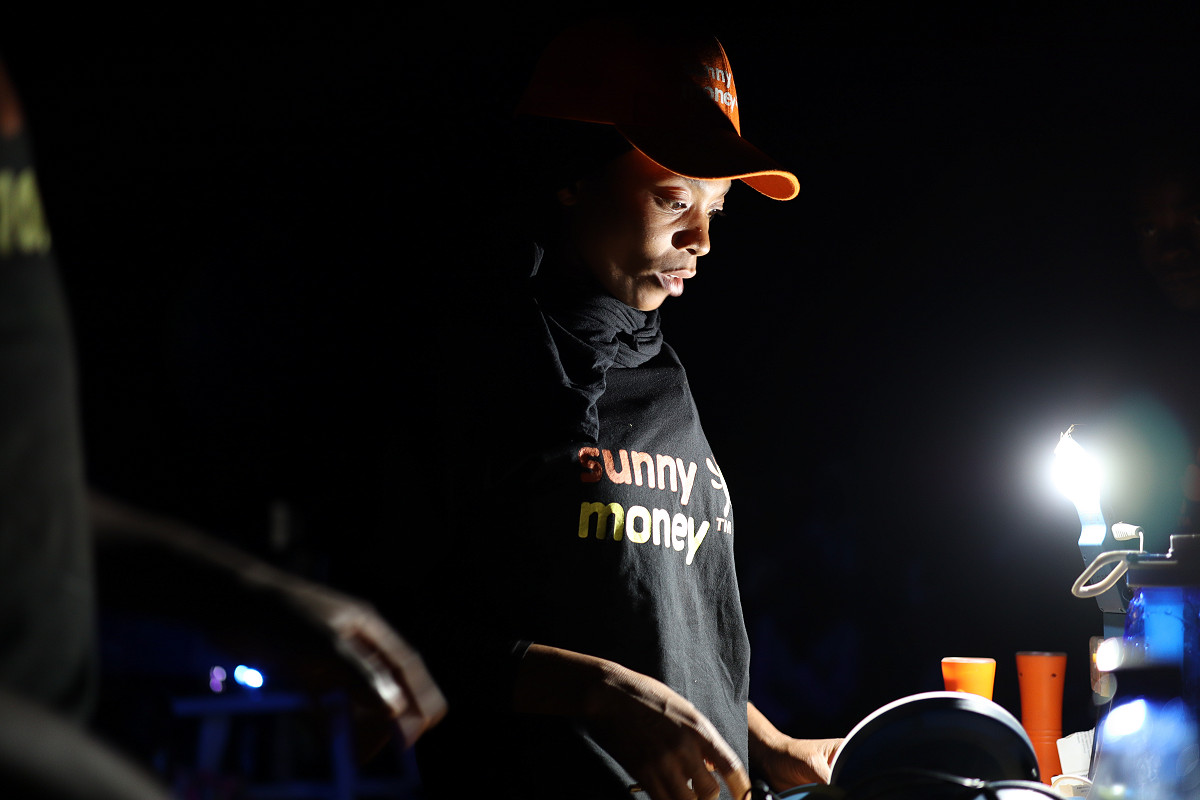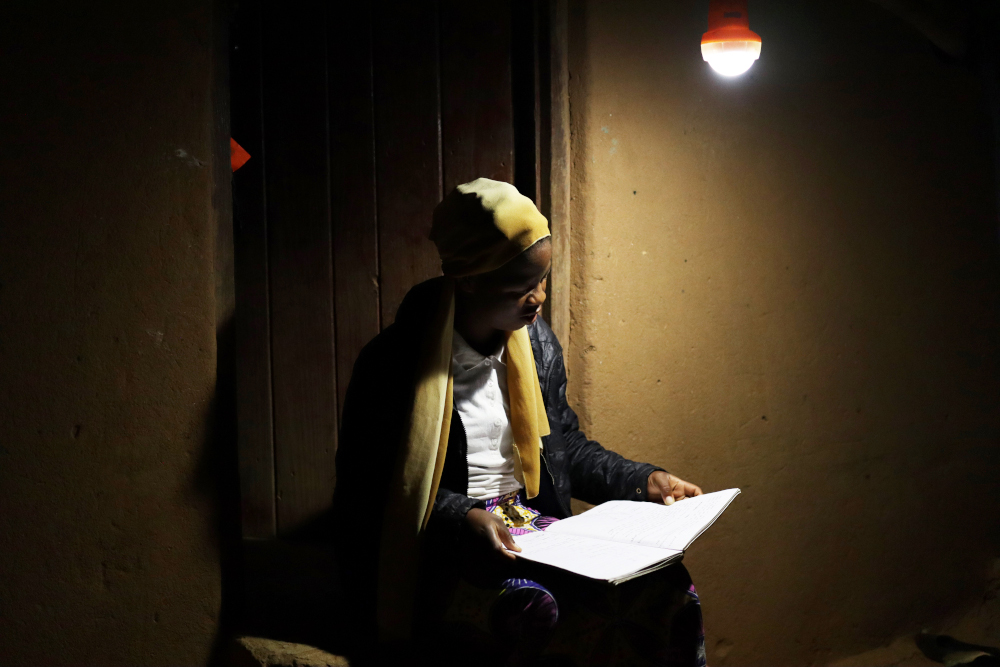SolarAid – The ‘SunnyMoney Brains’ Unit | Turner Kirk Trust

Founded in 2006, SolarAid is an international development charity that is working to combat poverty and climate change in Africa. Their mission is to create a sustainable market for solar lights in sub-Saharan Africa and eradicate the kerosene lamp. Through their social enterprise, SunnyMoney, SolarAid distributes and sells solar lights to people living without electricity in Zambia in Malawi.
Over 548 million people in sub-Saharan Africa live without access to electricity, trapping them in poverty. Without a sustainable source of energy, children cannot study or do their homework and adults find it much harder to make a living.
Millions of householders are reliant on candles and kerosene lamps just to light their homes, and this is having a devastating impact on their safety, health and the environment. Homemade kerosene lamps are not only a poor source of light, but they emit toxic fumes, eat up to 15% of a family’s income, and are extremely hazardous.
Tackling this issue through the use of solar energy can not only benefit those communities and families but address many underlying causes of poverty while helping the environment through a cleaner form of energy.
The Turner Kirk Trust provided a philanthropic gift of £90,000 to SolarAid to launch a brand-new innovation hub in Kenya. The ‘SunnyMoney Brains’ Unit was tasked to create, test and then implement new trading models through the charity’s social enterprise SunnyMoney that could help increase the distribution of solar lights to many more people across Africa.
The biggest challenge for SunnyMoney was not the development of solar technology, but rather finding a business model that was both sustainable and scalable to the charity without relying on donations and affordable to the end-users, all of which are living in extreme poverty. SolarAid wanted to avoid handing out solar lights for free as this is a solution with limited scale and impact. Our donation was to fund the development of these new models in the hope that one would have the potential to implement on a much larger scale.
Through the project, we actively encouraged the charity to fail – we gave them the ‘permission to fail’ – and in fact asked for regular failure reports. We strongly believed that only by failing and then learning from that process would a solution be found.
In 2011, SolarAid was distributing less than 1,000 solar lights per year, predominantly to schools across Tanzania. At the time, their approach was to distribute as many solar lights to schools that the charity had the resource and finance for. While this was effective, it did not have the potential and scale to reach everyone living without electricity.
In order to enable the discovery of a new business model that could reach thousands more communities, we launched the SunnyMoney Brains Unit and resourced it with some capital to test new ideas.
While many of the ideas were tested and then subsequently failed, in 2016, the charity made a significant breakthrough. The concept of the idea was to sell a solar light in instalments — a pay-as-you-go model. The idea is to sell the products at a fair market price as it enables greater and faster scale, and is more sustainable and cost-effective than aid handouts.
Many other organisations at the time were developing solar systems that gave them a high margin, but for many households, the monthly payments were unattainable. SunnyMoney focused on smaller, entry-level lights that cost around $12-$15, which families could pay in instalments, making them more accessible.
To test the model, SunnyMoney ran a pilot in Malawi – one of the poorest countries in Africa – in 2015. It worked by a family purchasing a solar light for a few dollars, which would then activate the light for a period of three weeks. Over that period, with the savings they made by not buying kerosene or candles they could pay another instalment that would continue to activate the light. When they had made all the payments, the light was theirs to keep and worked as normal. The result was a less than 1% default rate, but more importantly, the discovery of a model that was both accessible to the poorest and scalable to reach thousands more people.
Key Successes
Ran a pilot of the charity’s new pay-as-you-go trading model which had a 99% success rate in terms of repayments
Tens of thousands more solar lights distributed across Malawi since 2013
Launch of a new innovation hub in Kenya
“This project was about investment in ideas and embracing failure. I'm in no doubt that without the SunnyMoney Brains Unit – funded by the Turner Kirk Trust – we wouldn't have found a new model that enabled us to reach thousands more people.”
